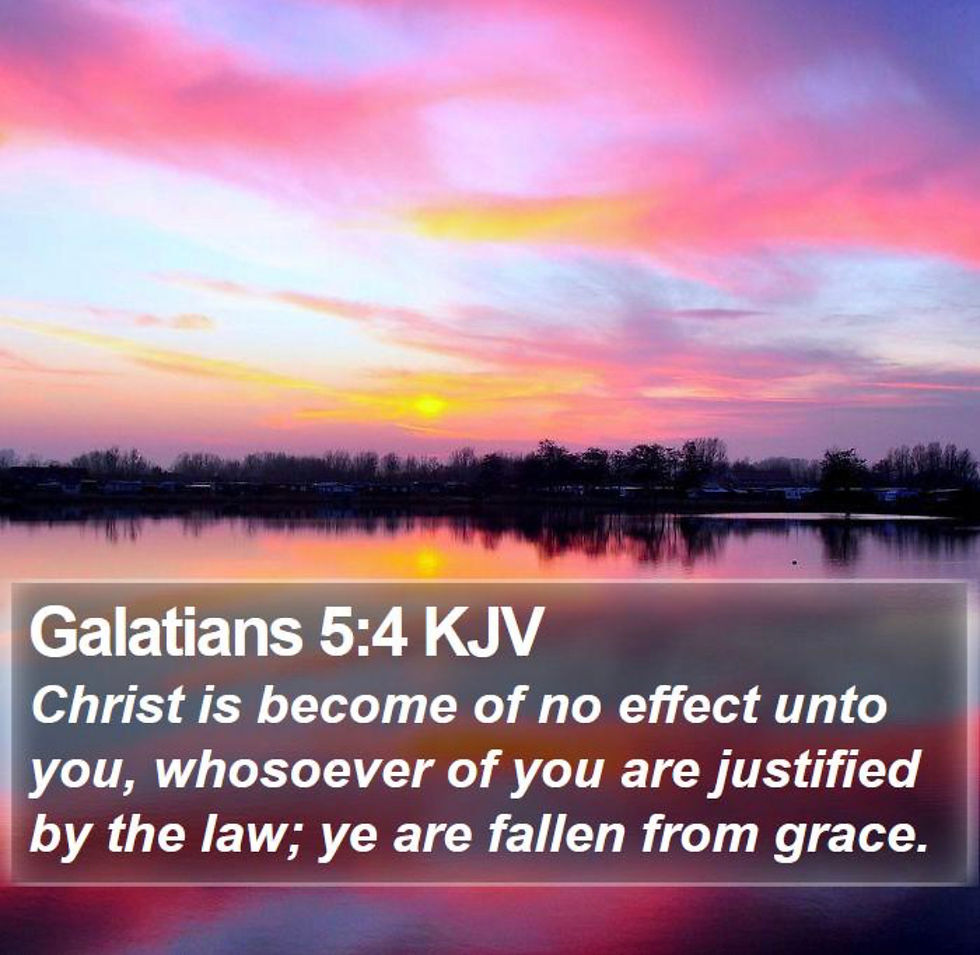Study to Grow
- Doug Bell

- Sep 9, 2022
- 3 min read
Updated: Sep 11, 2022
l

By Randy Dillon
James 4: 13-17 “Go to now, ye that say, Today or tomorrow we will go into such a city, and continue there a year, and buy and sell, and get gain: Whereas ye know not what shall be on the morrow. For what is your life? It is even a vapour, that appeareth for a little time and then vanishes away. For that ye ought to say, If the Lord will, we shall live, and do this, or that. But now ye rejoice in your boastings: all such rejoicing is evil. Therefore to him that knoweth to do good, and does it not, to him it is sin.”
*****
There is ever in mankind an element of self-sufficiency that guides us to think that we somehow control our future. James in these lines warns us against such self-delusional thinking. The Elizabethan English may be difficult for our ears compared to modern language, but the meaning is plainly evident. When we think that our plans will come to fruition based solely on our confidence in our own abilities, we are in a sinful state of mind.
See how James refers to the timing of a particular man’s efforts. “Today or tomorrow,” the present and future, we will go to a place and conduct our business of buying and selling to make a profit. What is missing? Direction from God. You do not know what tomorrow will bring, let alone what today will bring. Yet you plan as if you know the future. You may even set a time for your engagement, say, a year. But as the writer points out, you do not even know what will happen tomorrow. Yet you confidently plan for the next year as if it is already decided?
Here is an example of extreme narcissism, the idea that everything is not only in man’s power but also in his intellect. In opposition to this framework of decision-making, James offers a very real assessment of man’s life. It is nothing more than a vapor, a wisp of smoke, a warm breathe on a frigid morning, a slight bit of smoke that evaporates with the slightest wind. How much less insignificant can your self-directed life be? We are only on this earth for what amounts to such a meaningless amount of time. It may seem important to each of us, but in comparison to what?
The obvious response is that it is insignificant when compared to eternity. We often spend so much time in our earthly pursuits that we fail to realize the unimportance of our earthly time frame when compared to eternity. And we do so in some measure because we are so used to measuring time by the clock rather than measuring it in comparison to eternity. We have not experienced eternity so we fail to grasp what eternity is. Our limited cognitive ability is not prepared to comprehend eternity. We also fail to understand that “time” is a gift of God to mankind. God lays out the marking of time in Genesis. But in eternity, there will be no necessity of marking time since time as we know it will be no more.
Finally, the author turns to how man should actually think. Out mental framework should begin with the acknowledgement that God is always in control, both of time and our future. Therefore, we should approach any plans we may be making with the full understanding that God controls tomorrow even as He controls today and yesterday. We rest in the good will of God to direct our path. This is not to say that we should never plan. Quite the contrary. We should plan for the contingencies of life. But our plans must begin with God , not with ourselves. To do otherwise is to boast of our ability instead of giving glory to God for His mercy and grace and goodness in our lives.
In fact, it is outright evil to think we can ignore God as if He is not needed in all of our decisions. If we know to begin with God in all of our plans, then to not rest on His assurance of goodness is in reality sin. If we know what is a good thing to do and fail to do it, we have sinned, perhaps in negligence, but also at times on purpose. But in all of life’s challenges we are called to rely on God’s guidance rather than our own initiative without Him.






Comments